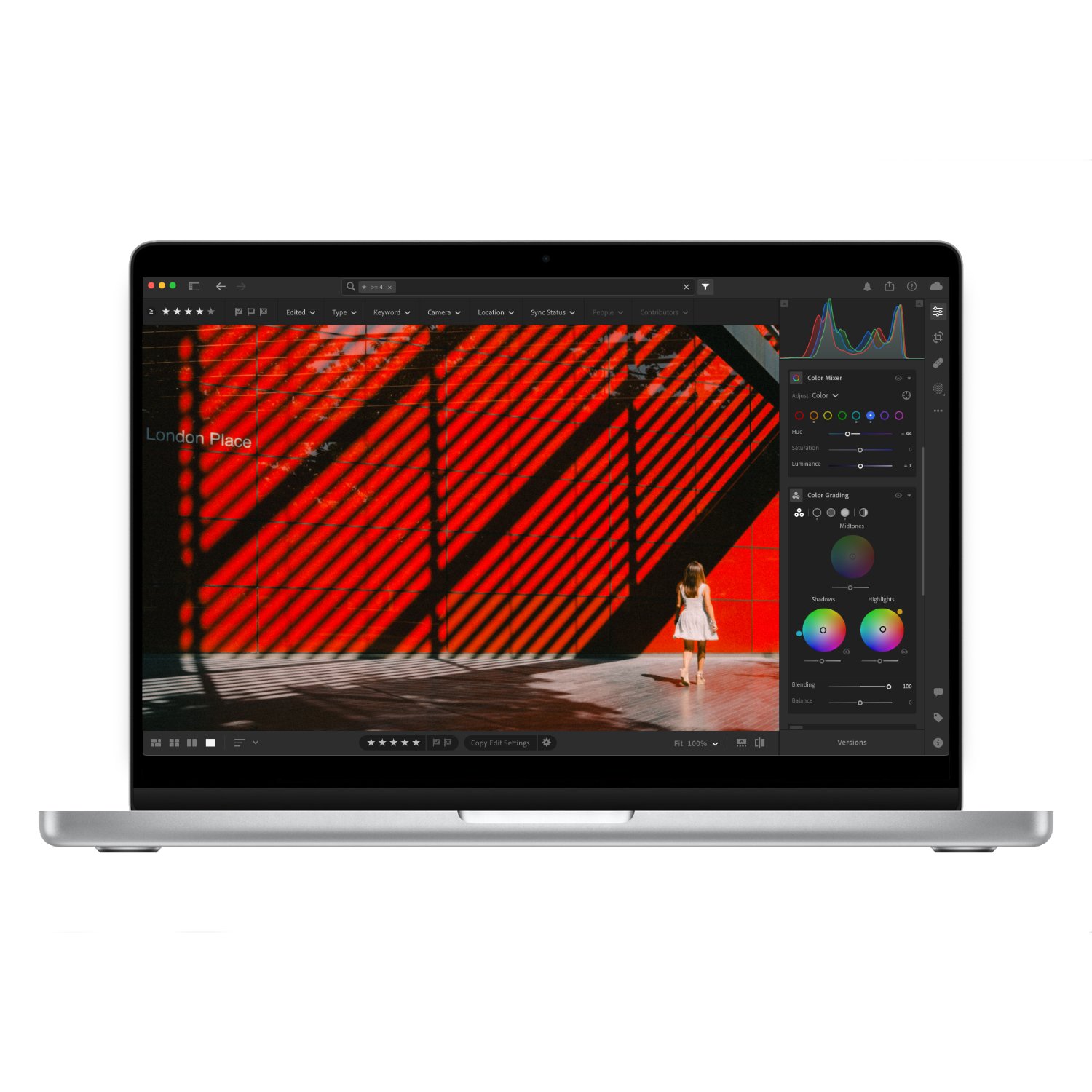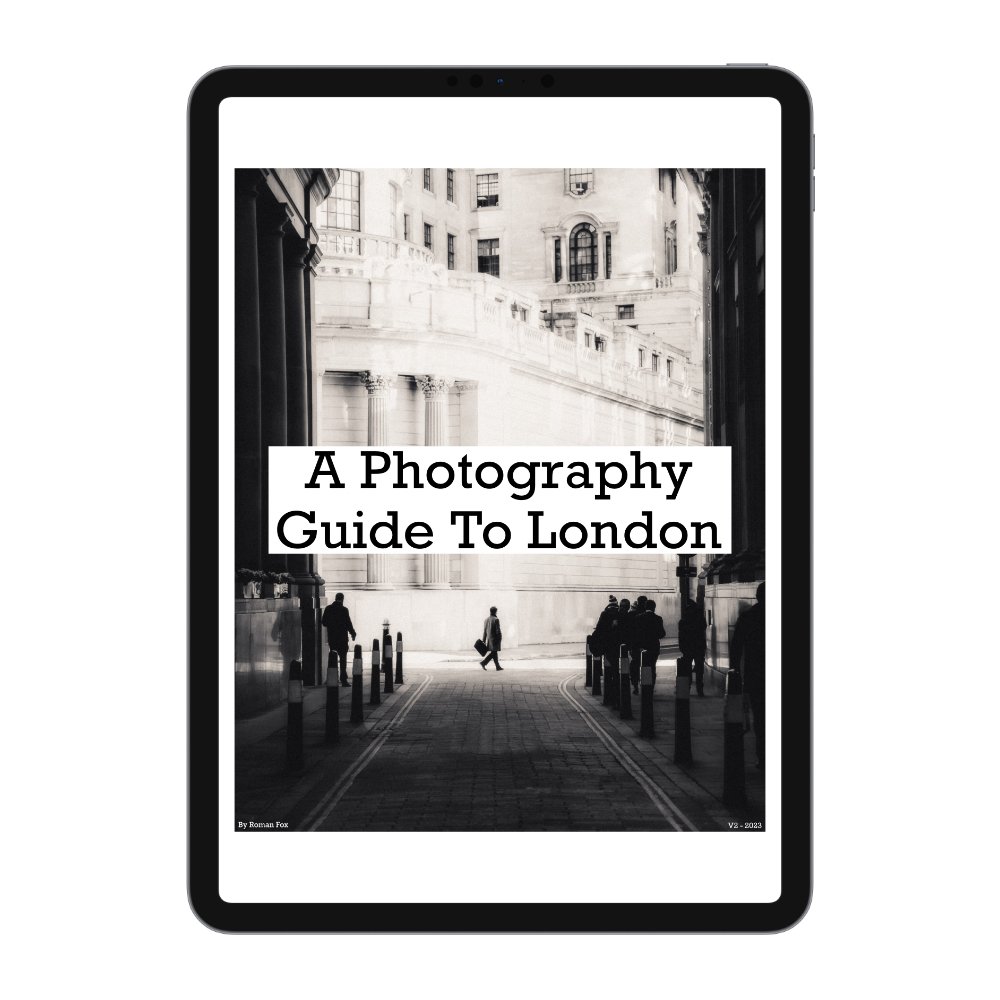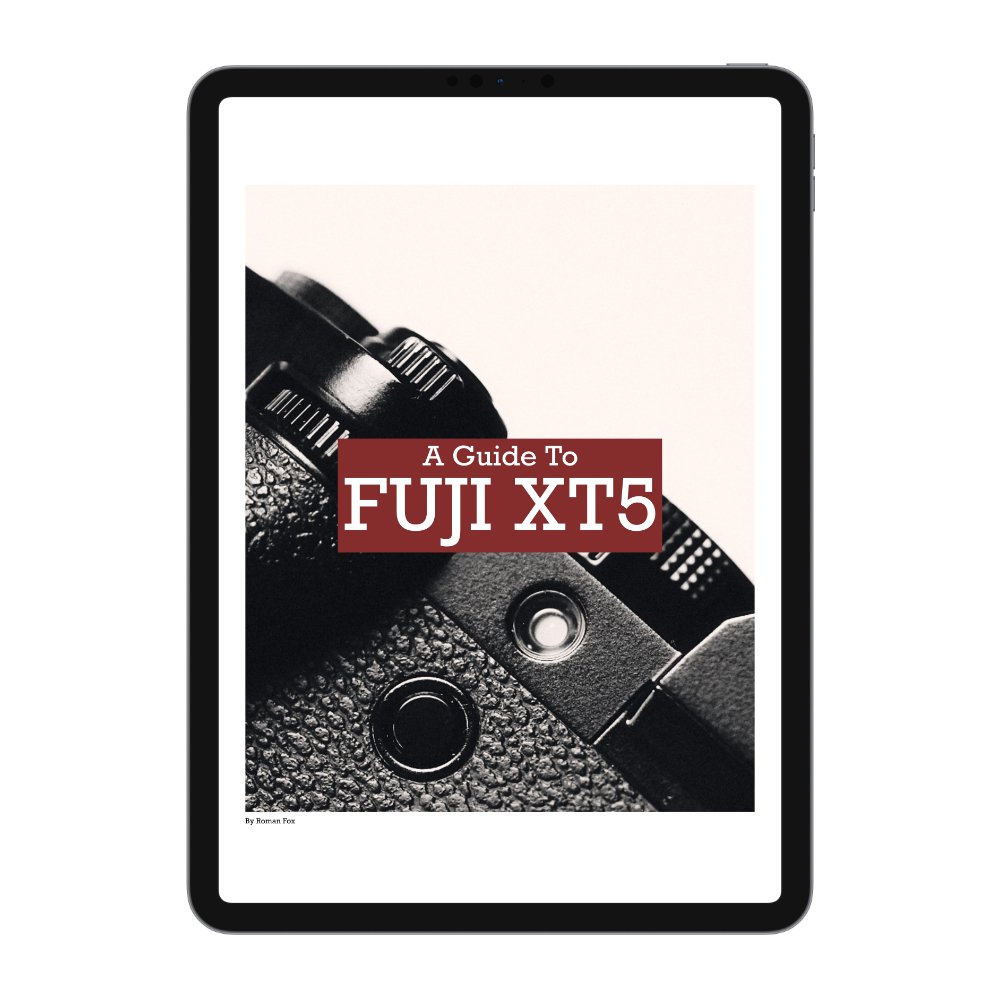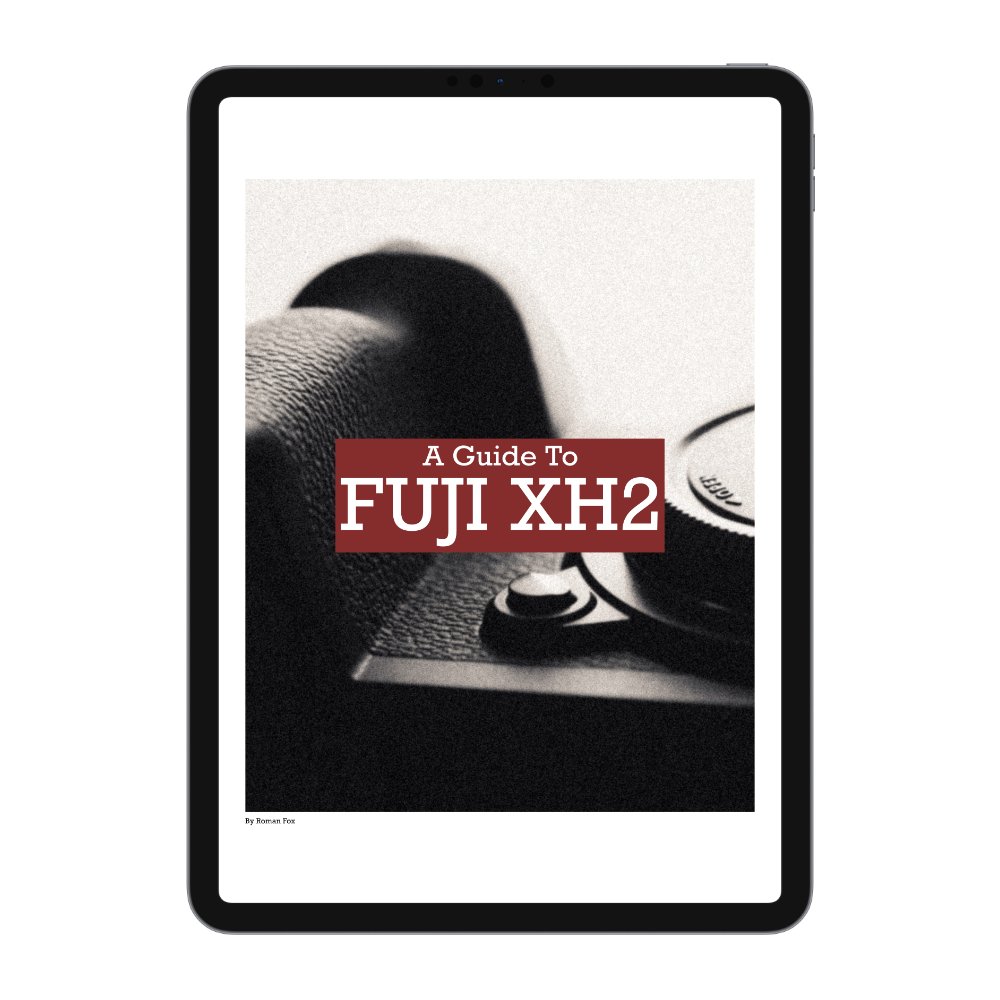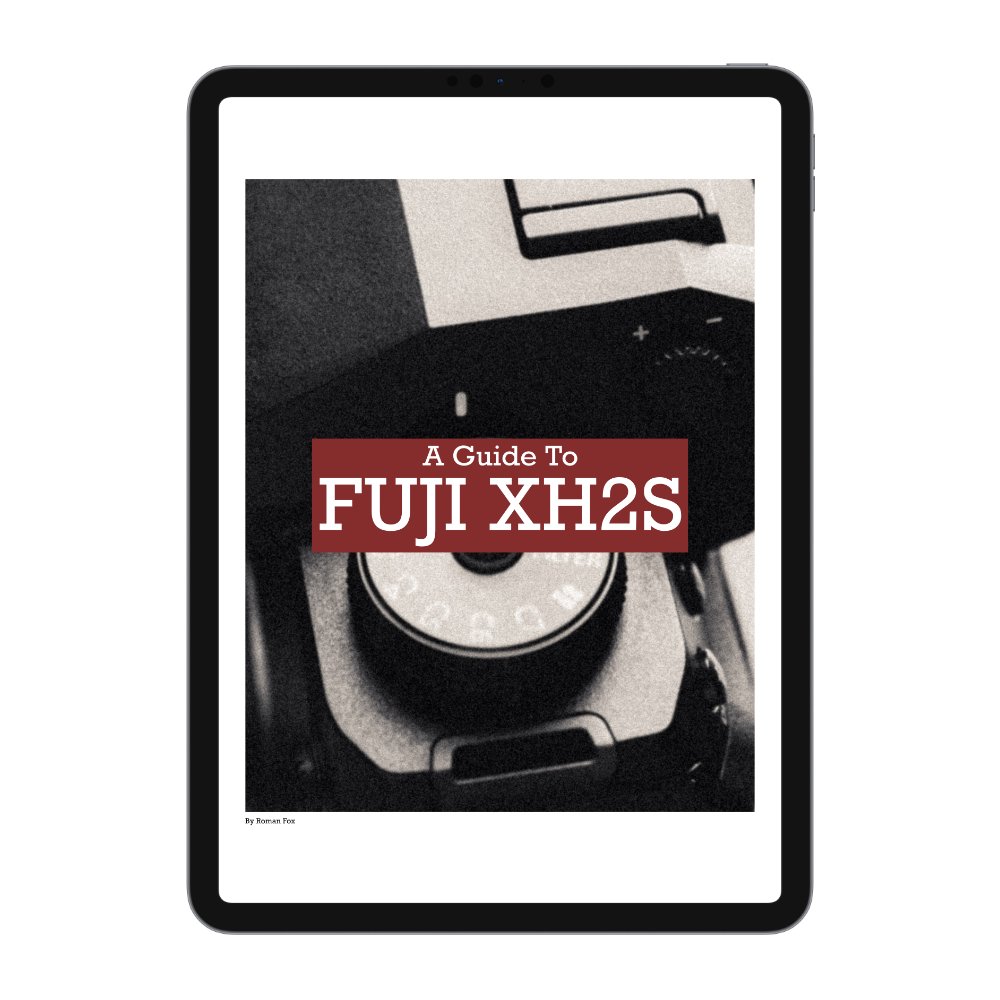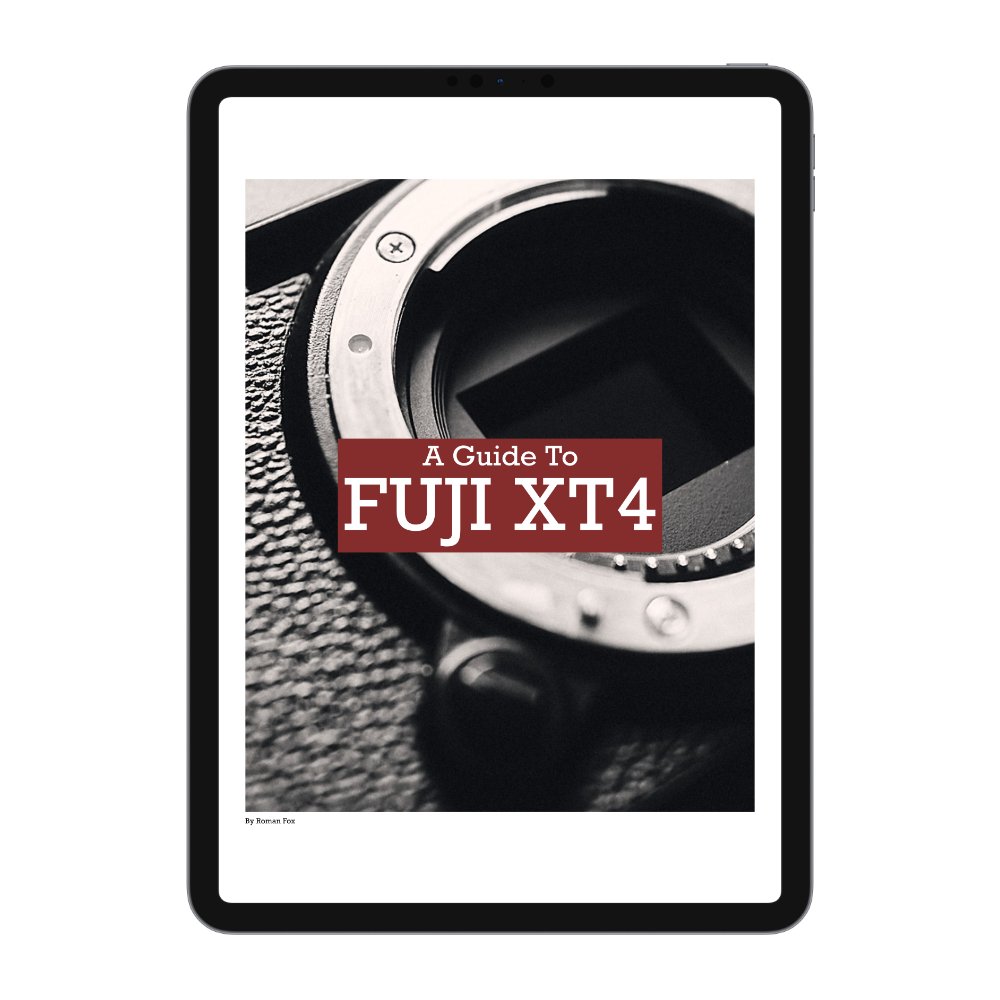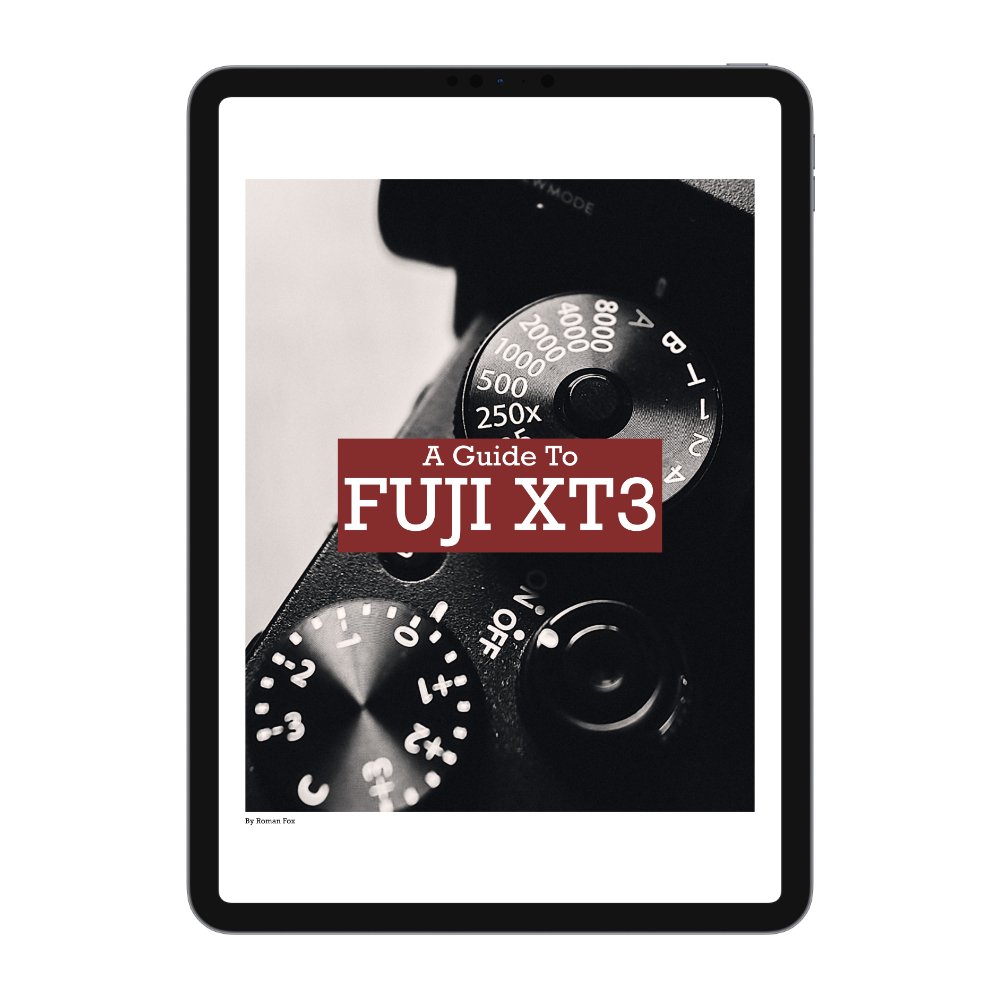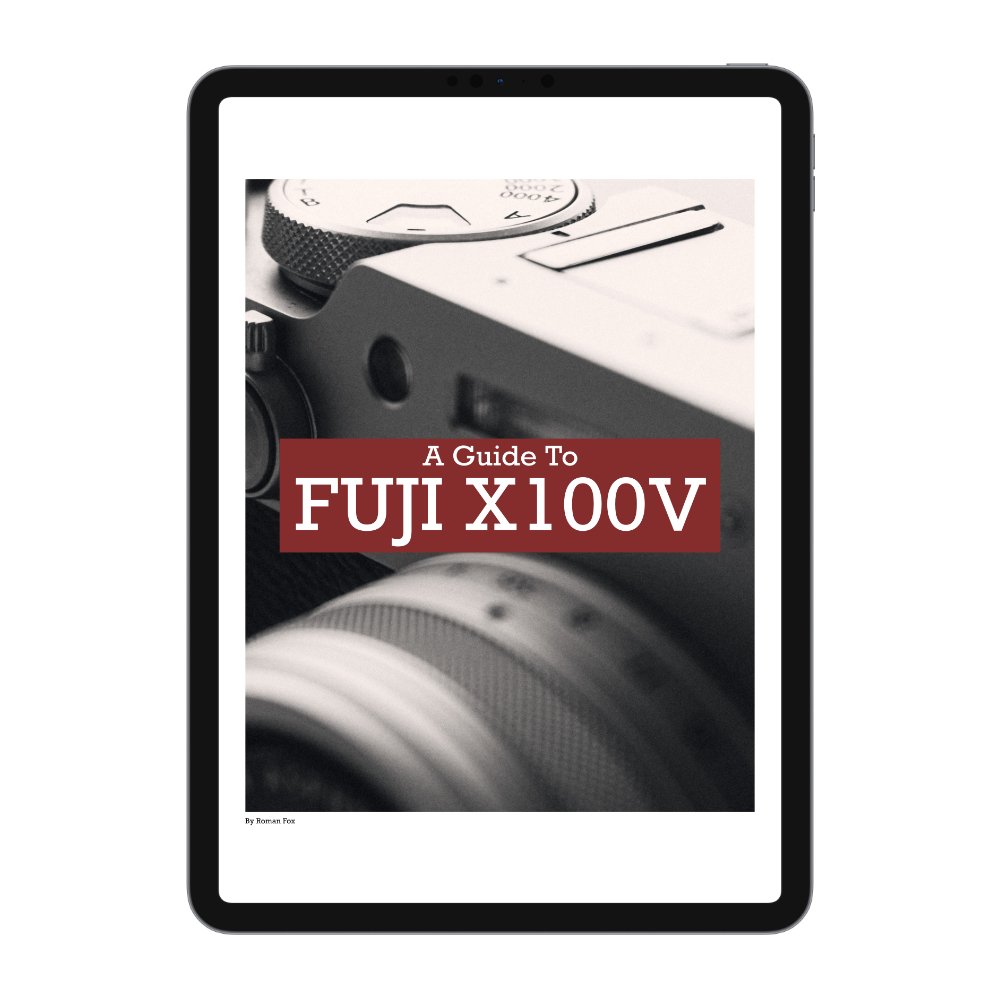How To Ruin Your Photography
In my blogs, I usually share how to improve your photography; however, this one will be a little different. I will give you a step-by-step guide on how to ruin your photography. If you follow these points, the chances of your photography going to shit will increase exponentially. I will split it into three main sections: photography, gear, and social media.
Phone Photography Should Be Illegal
Taking photos with an iPhone? I’m sorry, but you’re not allowed to call yourself a photographer. Real photographers only use proper cameras. Phone photography is reserved for snapshots of your lunch and selfies. It’s simply not possible to take good photos on a phone. To be honest, I wouldn’t even recommend taking any photos until you buy a real camera; it’s just a waste of time.
Change Camera Gear Often
The more often you change your gear, the better you will become. Your photos will be so much better once you know how to use every single brand on the planet. The best way to proceed is to build up an entire collection of Canon gear, then trade it all for Fuji a year later. You don’t even need to wait the full 12 months before selling your Fuji for a Sony. Just keep switching systems at least once a year and watch your photography skills soar.
If It’s Popular, It Must Be Good
Whether it’s Leica, Fuji, or Sony. If it has a big following, it’s the right camera for you. You don’t happen to enjoy using your new Leica? Well, you’re the problem and clearly you just need to learn how to appreciate it. You prefer Nikon to Fuji? You just don’t understand good colour science and might as well shoot exclusively in black and white. Just get a Fuji or a Leica, then life will make sense.
Image Quality > Quality Image
The reason no one likes your photography is because your photos are not sharp and they are all shot at f/2.8. What you need is the best f/1.2 prime lens and your photography will never be the same again. Image quality is more important than a quality image. Who cares about the subject, or light, or even the composition if it’s not a sharp medium format file?
Make Gear Choices Based On What Other People Are Using
Not sure about what camera to get? The best way to figure that out is to just copy what other people are using without doing any research yourself. If a popular photographer is using a Canon R1, then it must be the best. Also, this removes any personal responsibility, so if I don’t like it, I can then just blame that photographer for misleading me.
Take All Shortcuts Possible
The 10,000 rule is for losers. There are shortcuts available everywhere, especially with AI. Why wait for the perfect light when you can just relight it using AI? Why wait for an interesting subject when you can just generate one at home? Why spend years learning your craft when you can fake it? That $2,000 photography course promising you a six-figure income and inside connections with big brands? Must be true. That new gadget with AI in the name promising you perfect photos by simply plugging it into your camera? Awesome.
Results Matter Over Everything
Who cares about enjoying the process or being happy if you don’t get the shot? Matter of fact, there’s no point to photography if you don’t come back with an Instagram banger. Photography is purely a results-driven endeavour, thus your only priority must be getting the shot, even if you hate the process. Enjoyment is for losers.
Avoid Cliché Photos
There is absolutely no point going to Kyoto because it’s been photographed 100,000 times. There is no point taking a photo of Elizabeth Tower because it’s cliché and has been done before. Avoid cliché photos and popular locations because it’s easy and screams that there’s a lack of creativity. Matter of fact, don’t go anywhere that’s popular. You’re a master photographer, not a sheep.
Editing is cheating!
Real photographers do all their editing in-camera. If you have to edit your photos in Lightroom, you’ve failed. As for cropping? That’s the work of the devil. Editing is cheating and you know it.
Manual Over Everything
Real photographers expose and focus manually. Aperture priority is for children and as for autofocus, well, just quit now. Knowing how to focus and expose manually will make your photos 100 times better. It’s not light, composition, or an interesting subject, none of that matters when you’ve mastered the art of manual.
Jump On Trends
If there is a new social media trend, you must act fast and jump on it. Better yet, make your entire body of work based around the new trend in order to make sure you attract as many new followers as possible. When the trend fizzles out, simply switch to the latest popular thing and keep riding each wave.
Aim For Overnight Success
You want to make sure your work gets seen as quickly as possible. Do whatever you need to do in order to make your profile go viral. You just need one lucky break and then your life will be totally different. It’s not about the consistent slow progress, it’s about that one big break.
Post All The Time
If you’ve not shared new work in the last two days, what are you doing? You need to always be creating and posting. Never rest or reflect, just keep doing more. Finishing your current photography project? You better be thinking about the next one before this one is done. Never rest.
Only Post What Others Like
If people like your summer in Italy film shots more than your documentary work, then only share what your audience wants to see. There is no point in making or sharing work that won’t get social media attention.
Listen to Everyone’s Opinions (And Take Them Personally)
When you start sharing your work online, you will get many opinions, both good and bad. You need to listen to everyone and let it direct your mood, your work, and maybe how you approach photography in general. If someone says “your work is crap”, then they are probably right, even if they have nothing to show for themselves. If a burner account is telling you to just quit, then you probably should.
If you’re still reading, then I assume you understand sarcasm and the fact that the “advice” given is the total opposite of what I would actually say. I’ve covered many of these topics in greater detail; however, below is a quick rundown of the actual advice:
The best camera is the one you have with you, and our phones are with us 24/7. Most modern phones have amazing cameras that can take photos we’d only dream about 10 years ago. There are many insane photographers who shoot solely on iPhones. A phone is a perfectly good camera.
I’m not against changing systems; I did just that last year; however, there is merit to sticking with one system for a few years (unless there are glaring issues). This is because it gives you time to learn it and then have mental room to focus on photography, not on how to use the new camera or how to deal with a different colour science.
Just because the internet gushes over brands like Fuji and Leica, it doesn’t mean those cameras are right for you. Do your own research. I recently tried film photography, and my biggest takeaway was that nothing is as good as a small and vocal group of die-hard enthusiasts claim it to be.
You can have a technically perfect image that’s pin-sharp corner to corner, yet be utterly dull to look at. A technically perfect image doesn’t equate to an interesting one.
Don’t make gear buying decisions solely based on what influencers, pro photographers or even your friends use. Everyone has unique requirements, desires and budgets when it comes to gear. Just because I use a Sony / Leica / Fuji, doesn’t mean you should too. Always do your own research alongside.
There is no shortcut to becoming a good photographer. It takes a long time and effort. Nothing worthwhile can be achieved by taking shortcuts.
While results will make photography rewarding, it’s the enjoyment of the process that will keep you coming back day after day, even when the results don’t materialise.
There is nothing wrong with cliché photos and locations. They are cliché for a reason. Take the standard shot, and then try to see how you can put your own unique spin on it.
Editing is just as important as the photography. Editing allows you to further add your stamp on the image and cropping allows you to fine-tune what’s important and what isn’t. I always prefer to shoot a little wider in order to give myself room to crop later.
Knowing how to expose and focus manually is an important skill; however, it won’t result in good photos. Learning light, composition, storytelling and an understanding of the environment will yield better results. Manual exposure and focus are tools that can either boost your creativity or hinder your progress.
Avoid focusing too much on trends. For sure, try them, but don’t make your entire photography portfolio around a trend. Find your own voice.
Real success doesn’t come overnight. To build something meaningful takes a long time. To get good at a skill takes years of practice.
Avoid the trap of always feeling the need to create in order to “keep up” with social media. Creativity is not an unlimited resource and you need to take regular breaks to recharge and reflect. You don’t need to post every day to keep up appearances.
While it can be nice to receive many likes, avoid creating solely for that. If you only shoot what the internet likes, you will never have your own voice; you will simply be executing a pre-defined brief. Shoot what you like, not what others want to see from you.
While it’s great to get feedback, listening to too many opinions will create confusion and ultimately lead to you trying to please everyone, thus losing your identity in the process. It doesn’t matter what you do; some people will like it, and some will hate it. Be okay with that.

